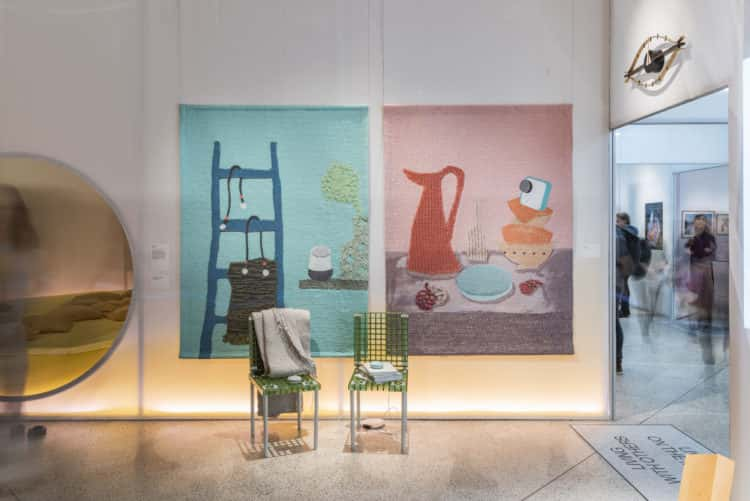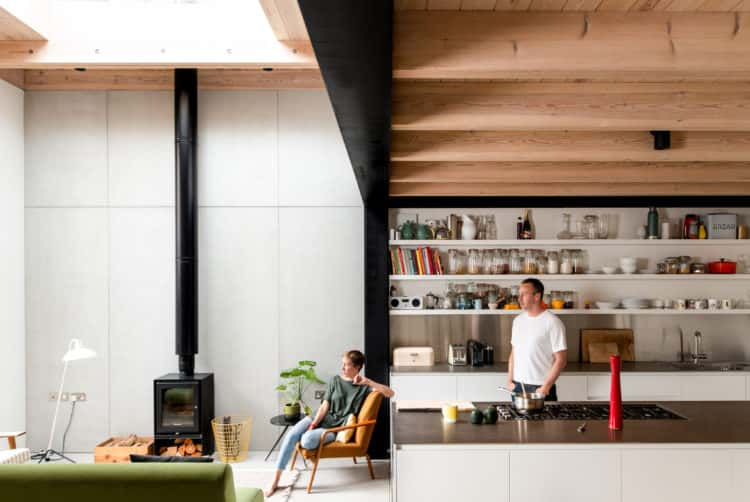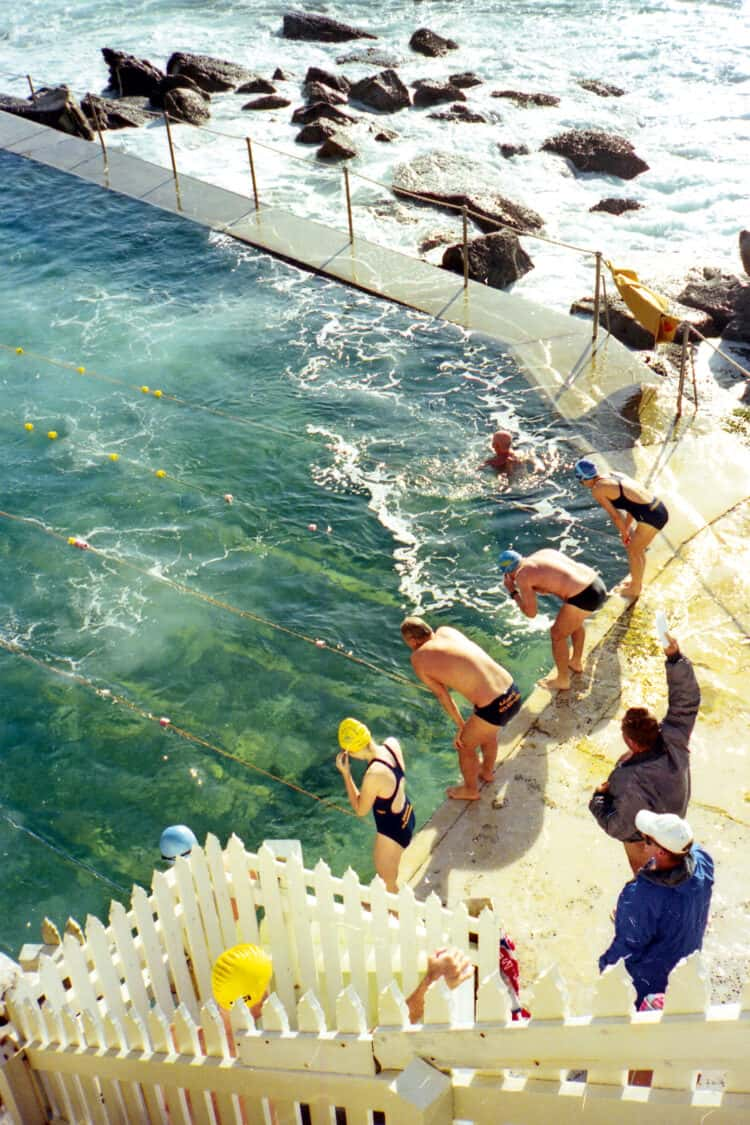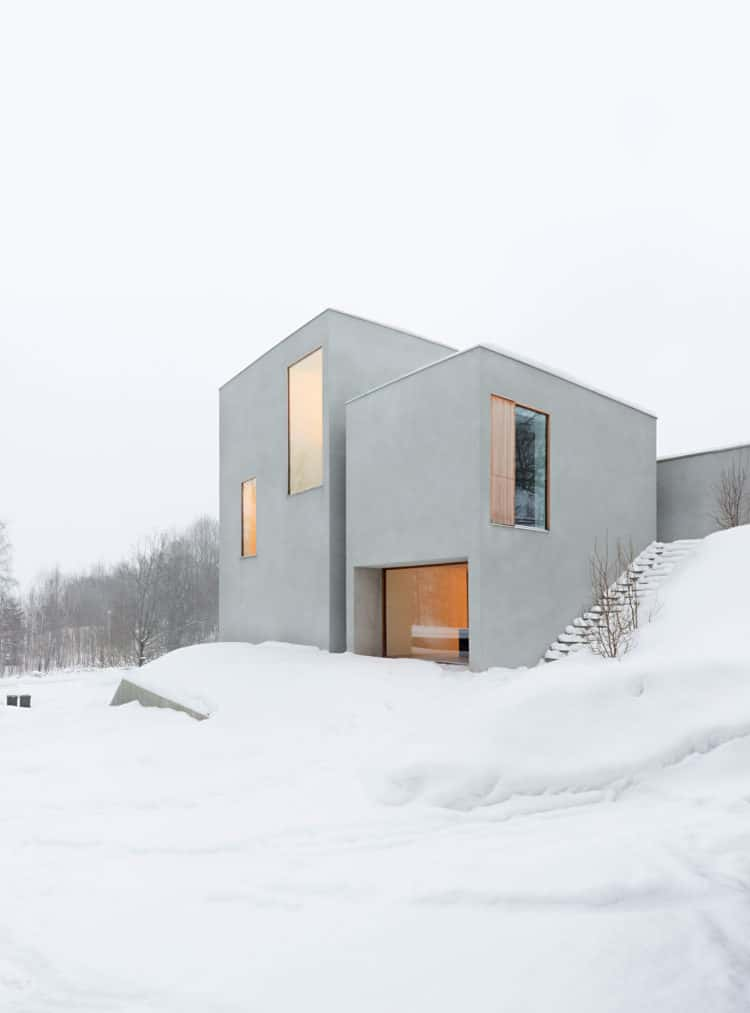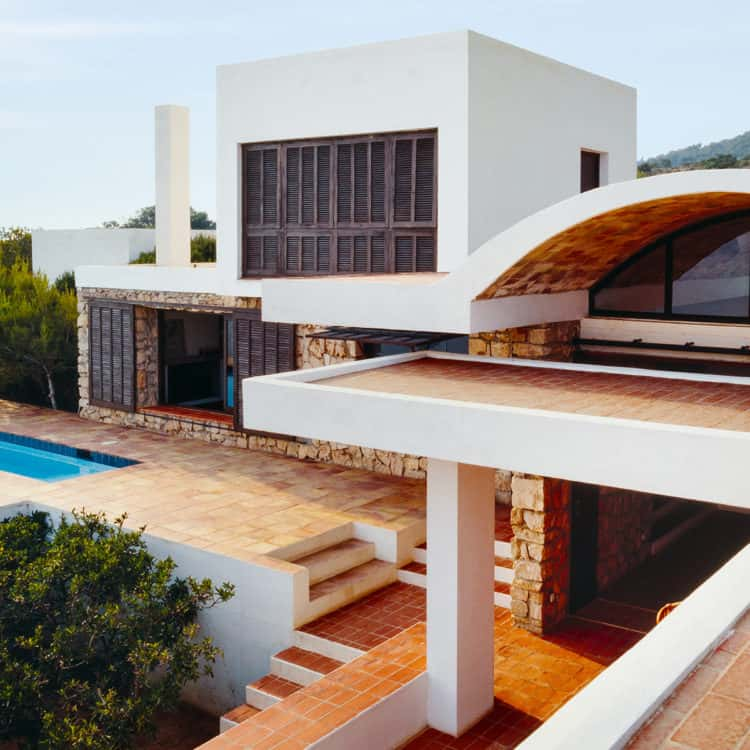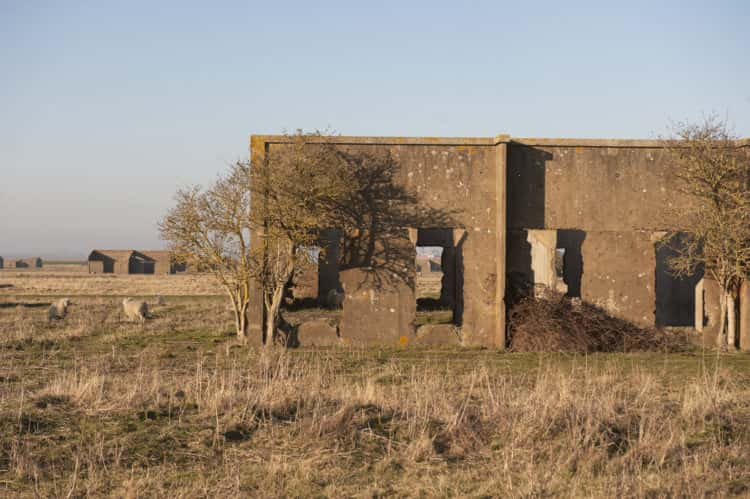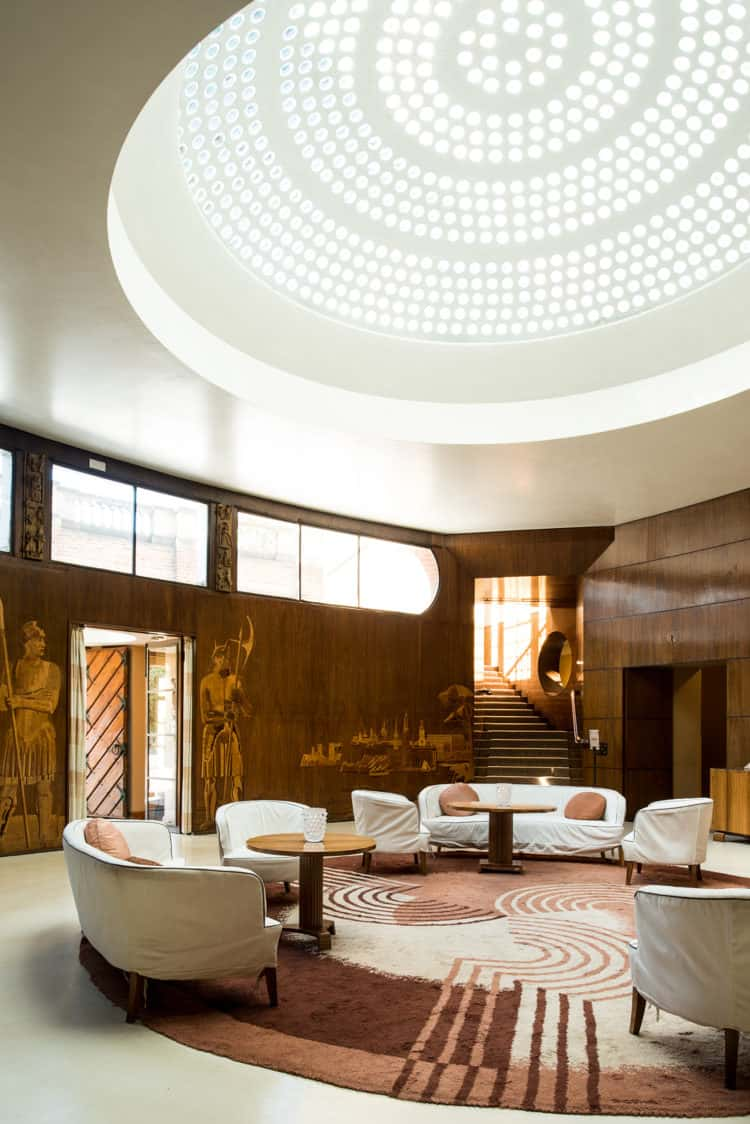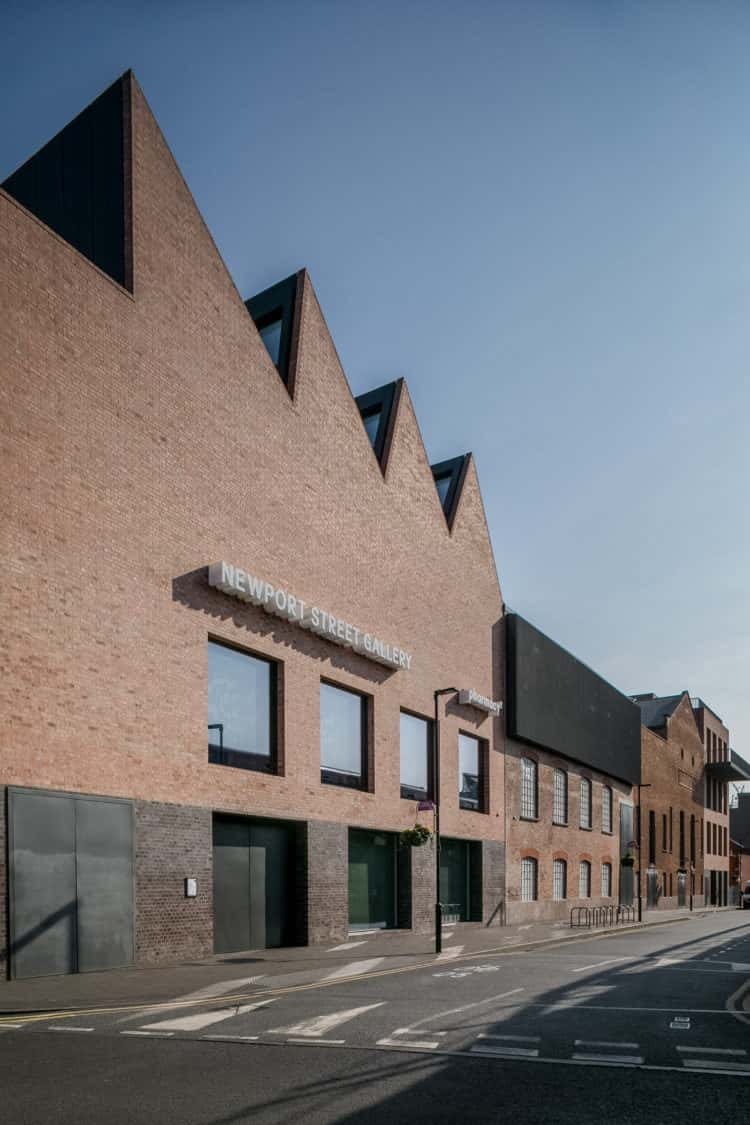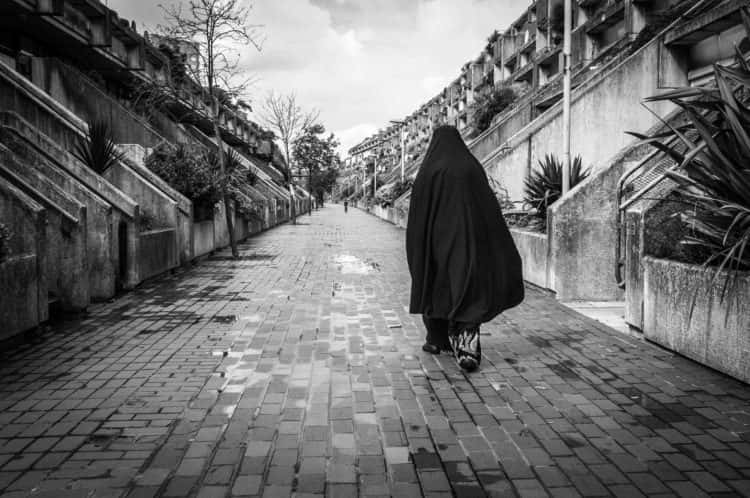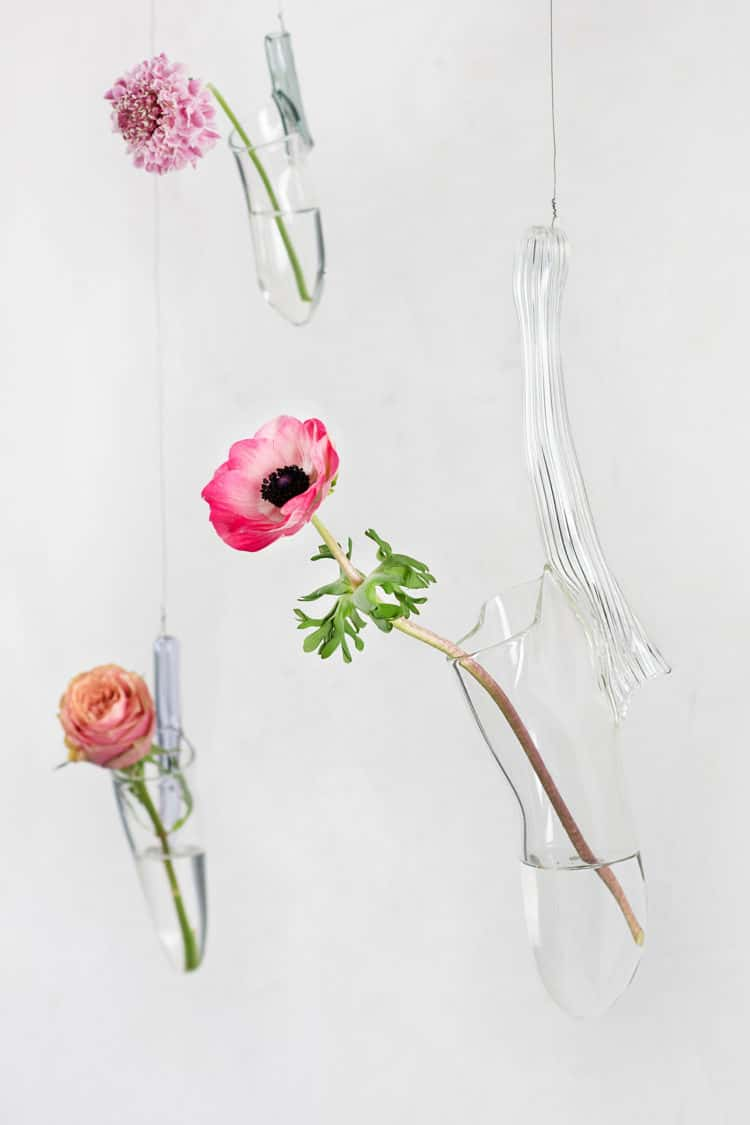Photo Essay: Jethro Marshall’s ‘West Country Modern’ – Reframing the Rural
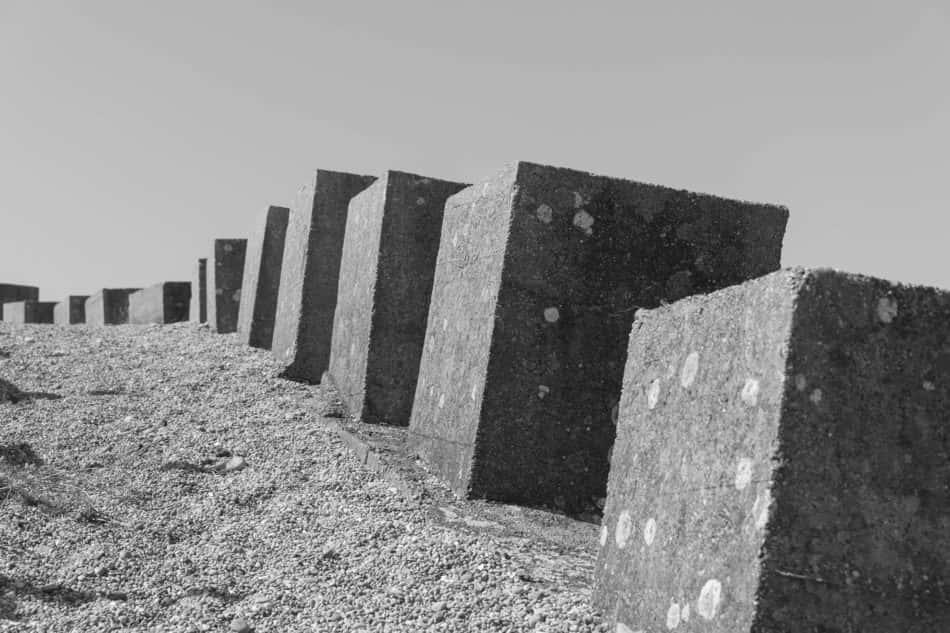
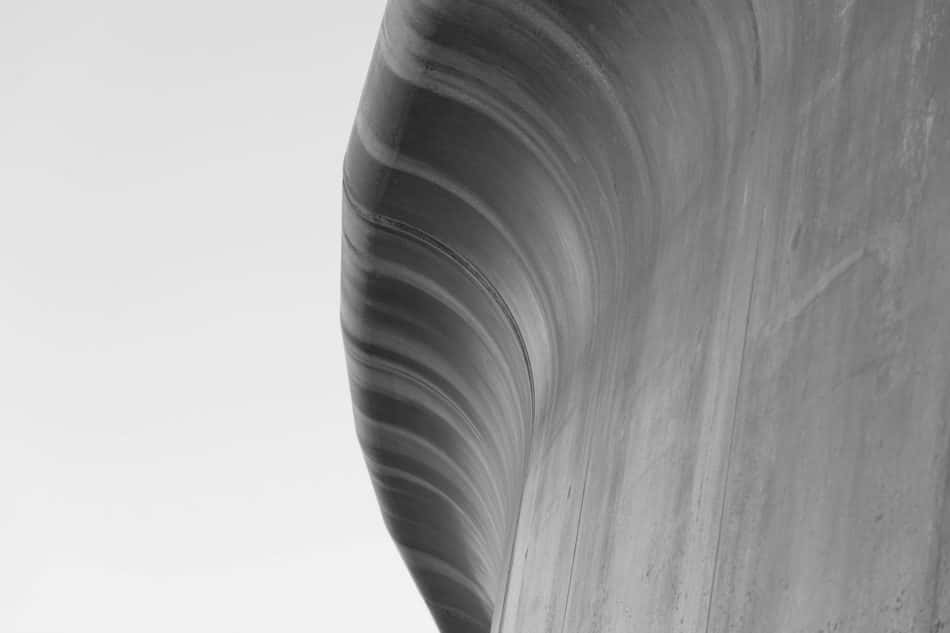
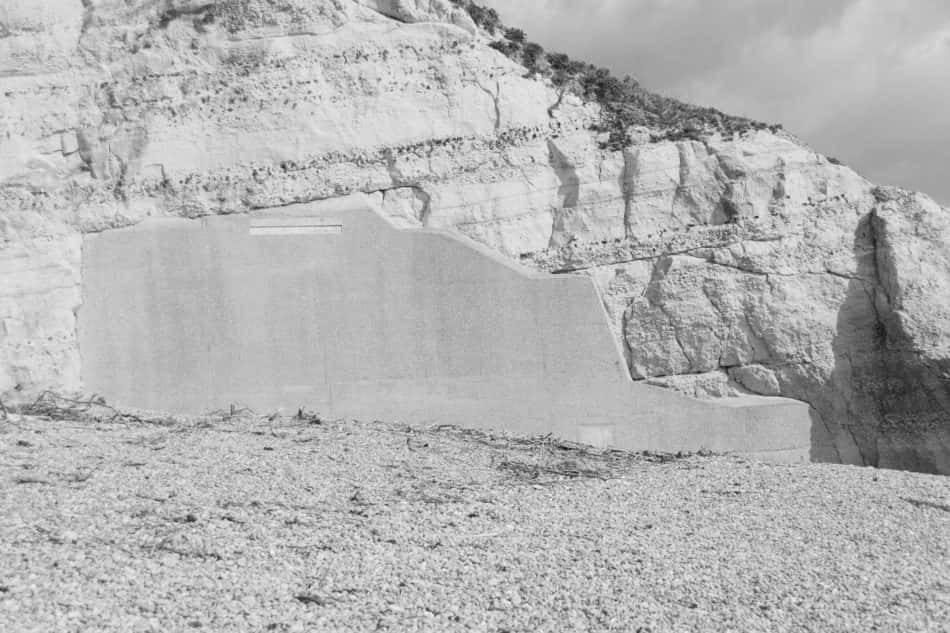
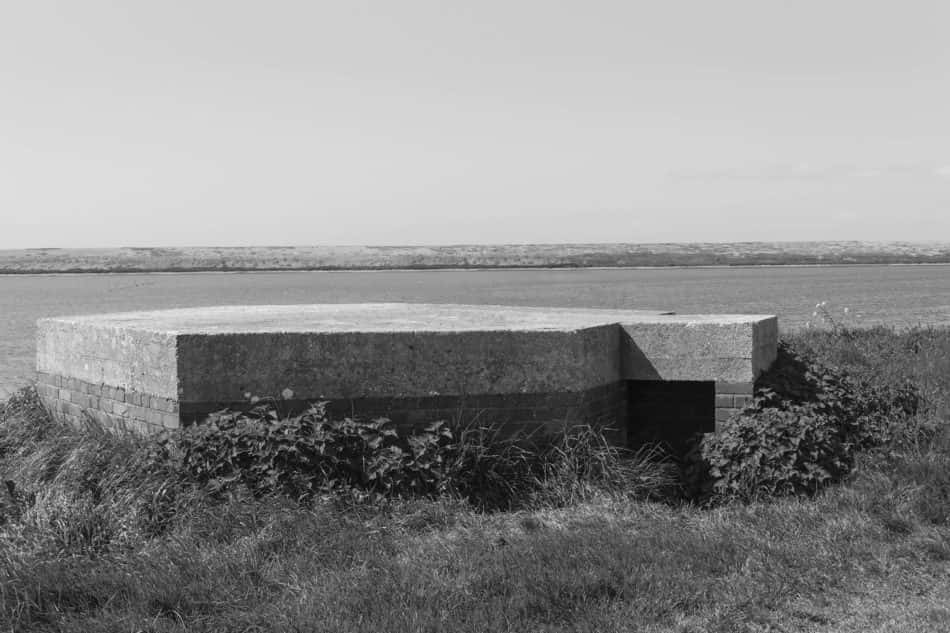
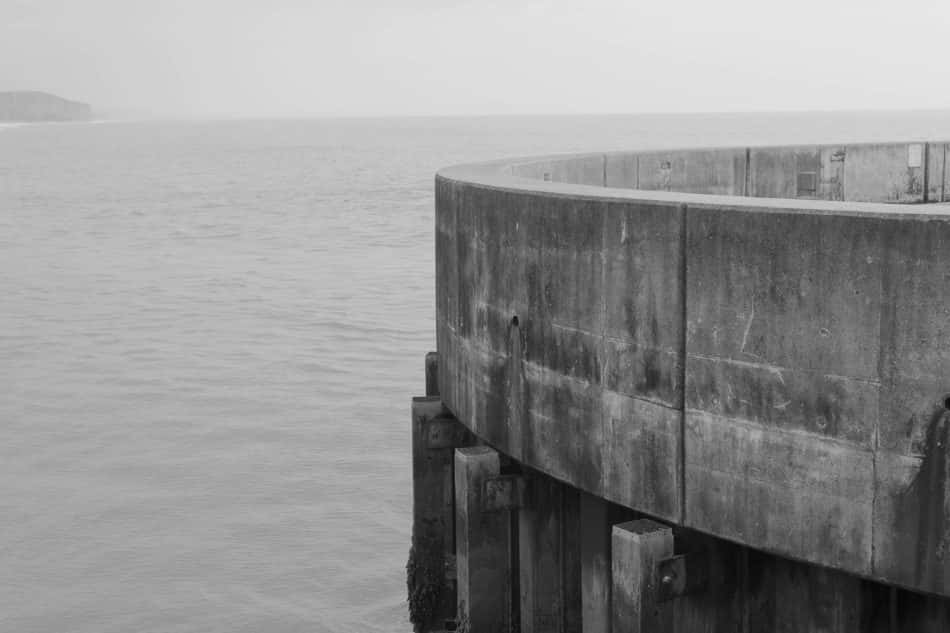
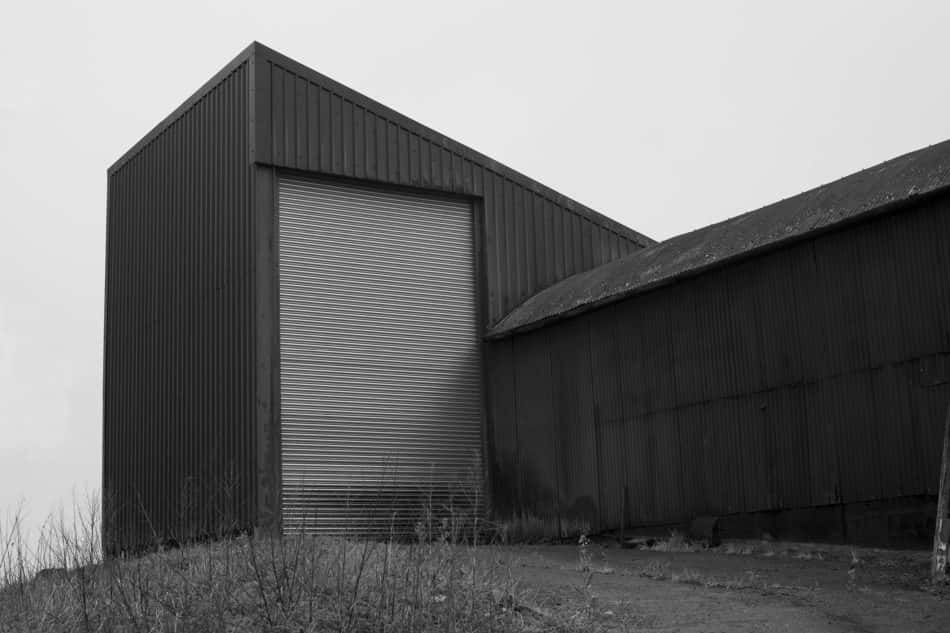
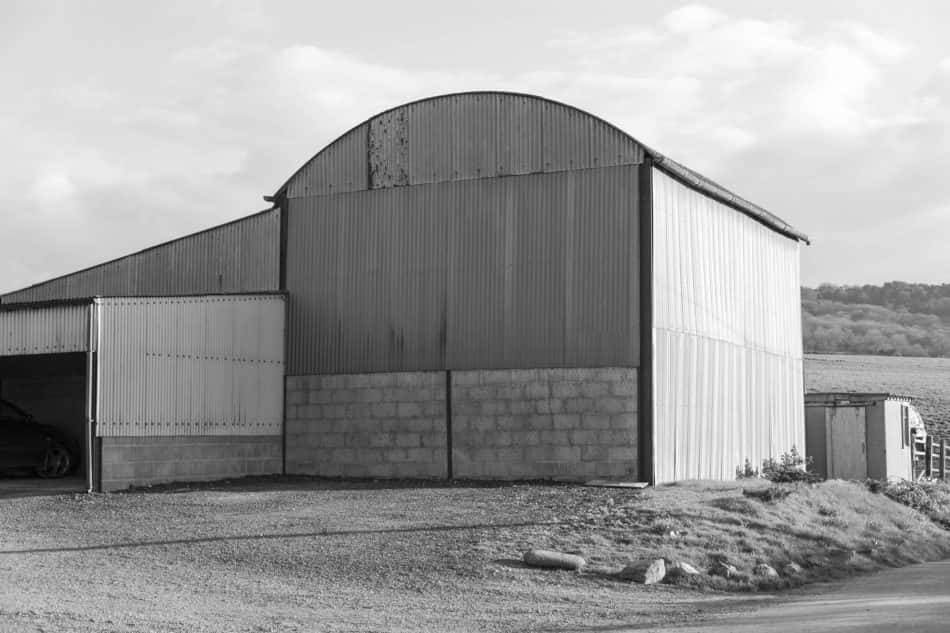
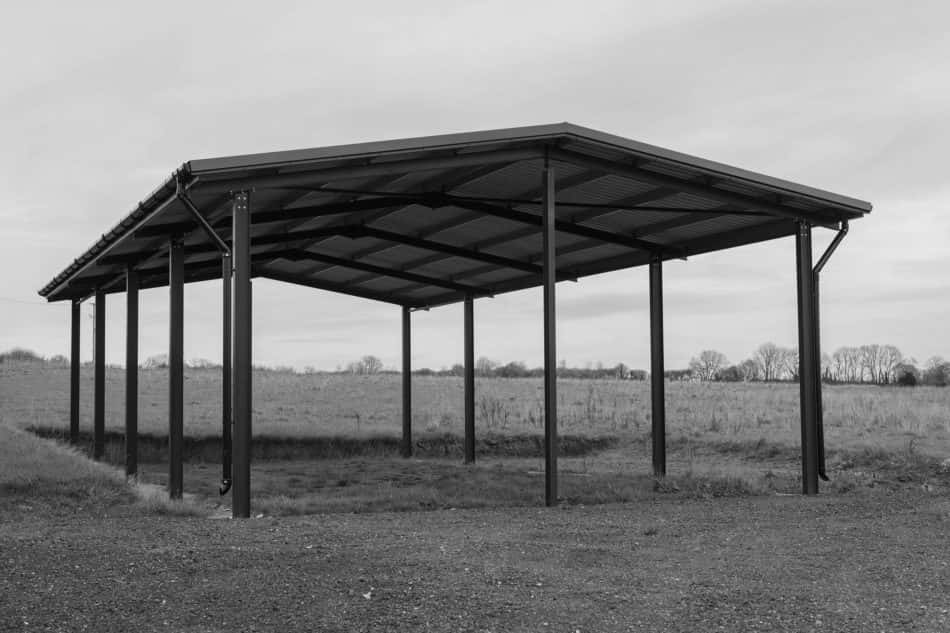
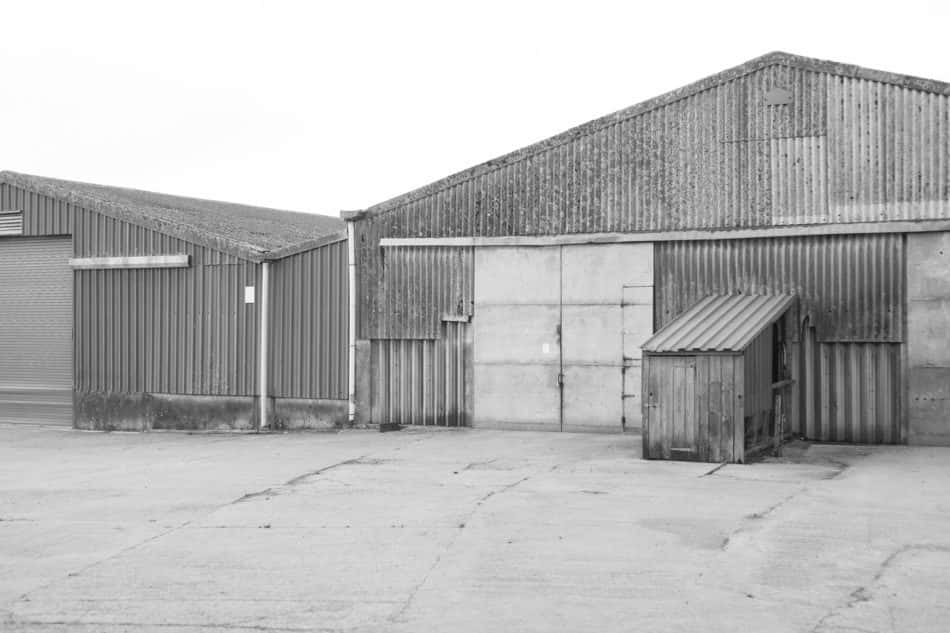
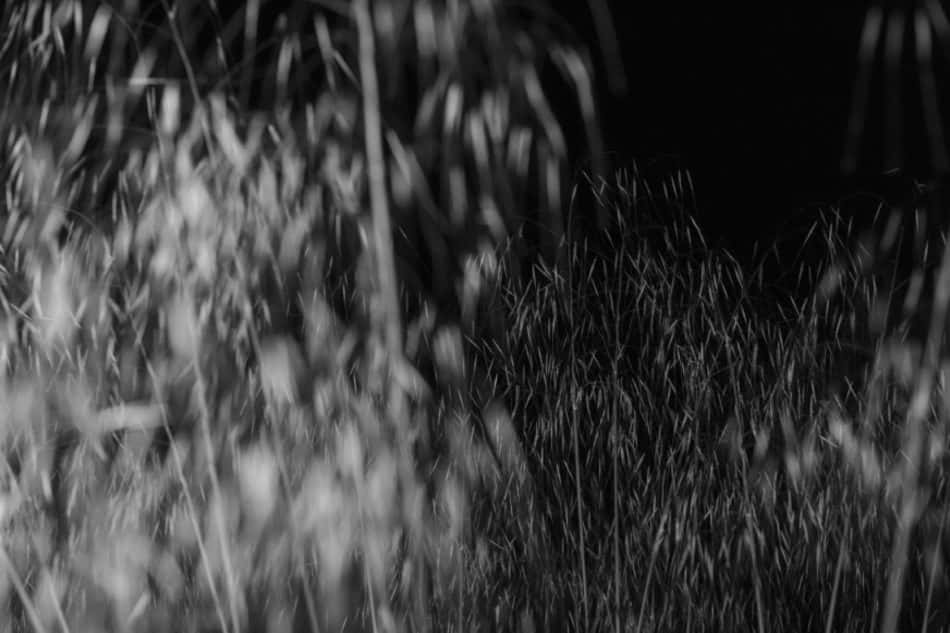
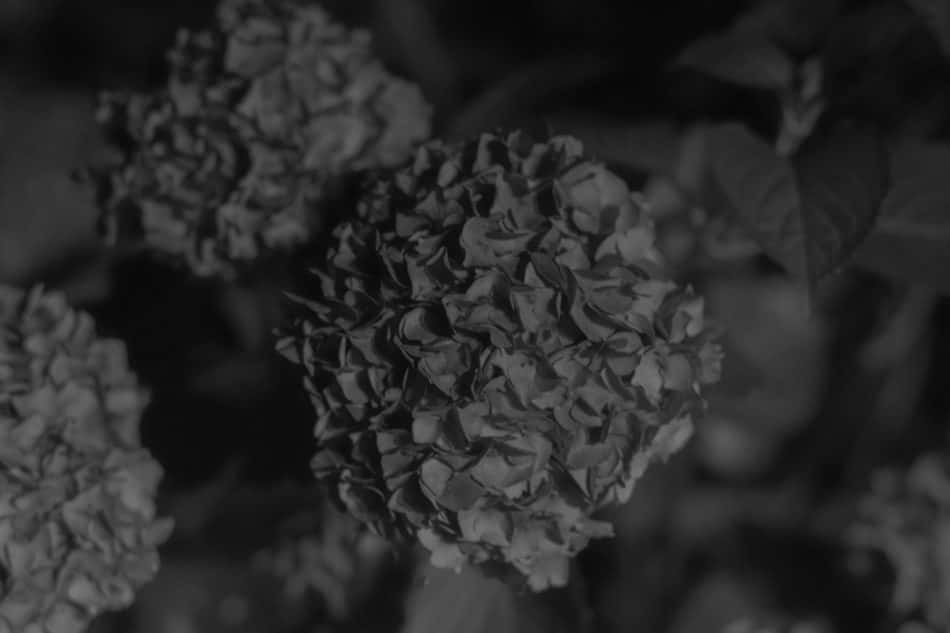
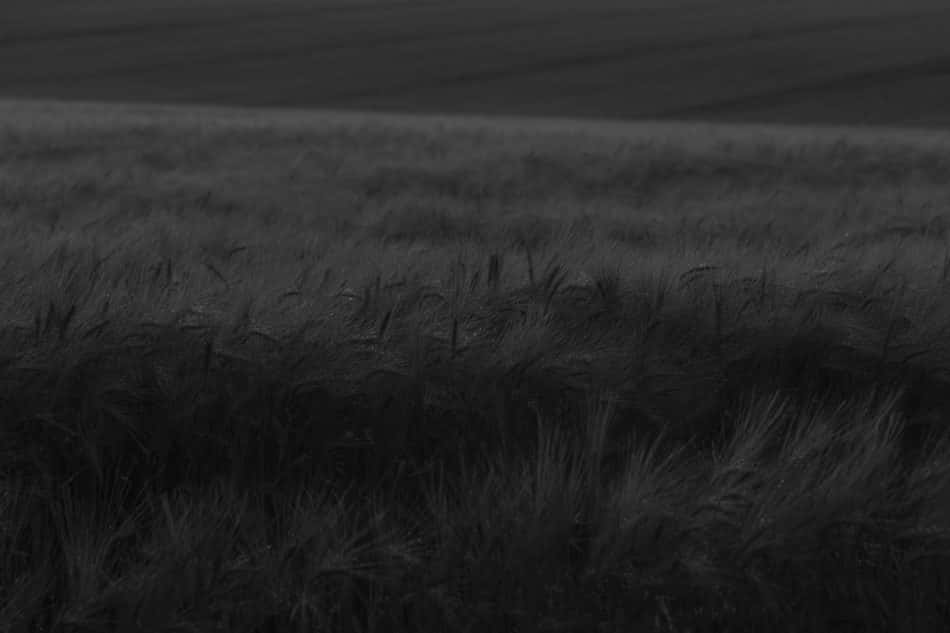
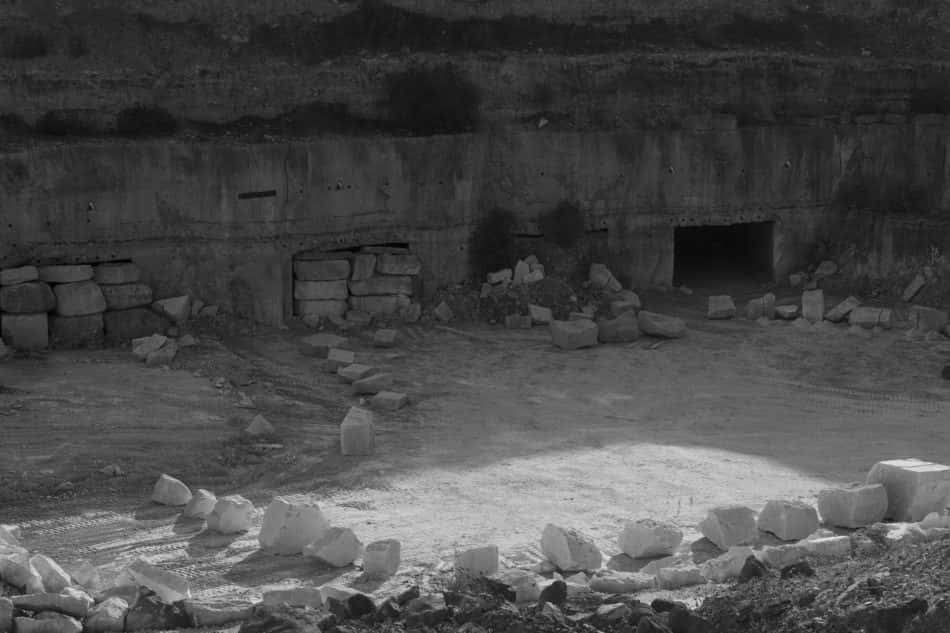
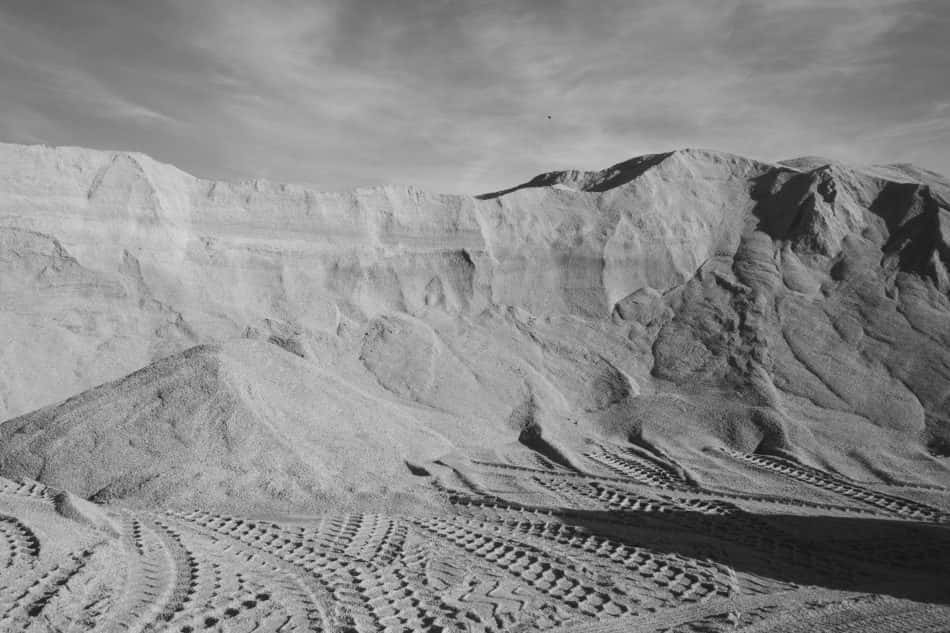
In our new ‘Photo Essay’ series, we’ll be publishing the work of photographers who explore themes relating to architecture, design, interiors and landscape for fresh perspectives on the built and natural environment.
We’ll also be asking photographers to reflect on their work, gaining an insight into their artistic, intellectual and technical approach.
Here, we invite Jethro Marshall, who we have visited at his home in Lyme Regis for our ‘My Modern House’ series, to share images from his ongoing project ‘West Country Modern’.
Jethro works mainly as a creative director, working with the likes of Folk, Studio Nicholson and Les Basics from his base in London.
Of photography, Jethro says, “My life is one constant recce. Fashion photography allows for amazing opportunities to capture short stories of style and location but the freedom and adventure of finding new places, shooting solo, without commercial constraint, is hugely exciting.
“Spending time in an area as beautiful as west Dorset/east Devon, it’s easy to perceive our rural landscape only as rolling hills, shimmering seas and scenic woodland. But, through a series of photographic books and short films, I’m attempting to reframe the rural as a surprising environment, where the relationship between nature and the manmade can be complex and inspiring,
“Metropolitan environments have been overly dissected and depicted under a keen creative eye for the last 50 years. As digital technology became widely available, as urban populations grew, the rise of street photography and people recording the fabric of their environment resulted in our cities being very thoroughly documented. ‘West Country Modern’ is a modest attempt at doing the rural equivalent.
“Riffing on Louis Sullivan’s famous quote, the first book, ‘Farm Follows Function’, took the premise of agricultural architecture being the ultimate expression of modern, utilitarian design.
“I photographed selected modern West Country barns (eschewing stone or thatched ones) as timeless, impressive buildings that respond purely to their purpose, with no concessions to ornament or embellishment.
“For me, that honest structural articulation is why they hold so much raw visual appeal. Like the wonderful work of Bernd and Hilla Becher, the photographs are respectful documentary records rather than grand vistas.
“The latest book, ‘Coastal Brutalism’, looks at seaside concrete and how the material has been used in civil defence and engineering on our eroding coastline. From cliff stabilisation to military installations, the series of black-and-white photographs show the beauty of this much-maligned material within the context of Britain’s ultimate leisure landscape.
“Again, the lack of a ‘design’ hand renders these manmade interventions as purely economical, functional forms; raw and visceral, echoing the ethos of the Brutalist architectural movement.
“I love the way the landscape absorbs the concrete, softening its edges and staining its surface – a new rock stratum camouflaged in the passing of time.
“The next book, ‘Rural Nightlife’, published in December, demonstrates the blackness of the rural night and the drama of regional flora. The vegetation that dominates our landscape is traced in different seasons and celebrated in shape and texture through black-and-white photography captured with moonlight, a car light or torch. It’s an abstracted, dark botanical study rendering what is pretty in the day as surreal at night.
“Forthcoming titles for 2019 include a survey of stone quarries and a collection of architectural studies of local water, power and communications buildings.”
–
Jethro’s limited-edition books are hand numbered and produced in Dorset. Each one contains an introductory essay, an informed accompaniment by a writer, artist or designer. For all outlets or to purchase directly, visit westcountrymodern.co.uk
